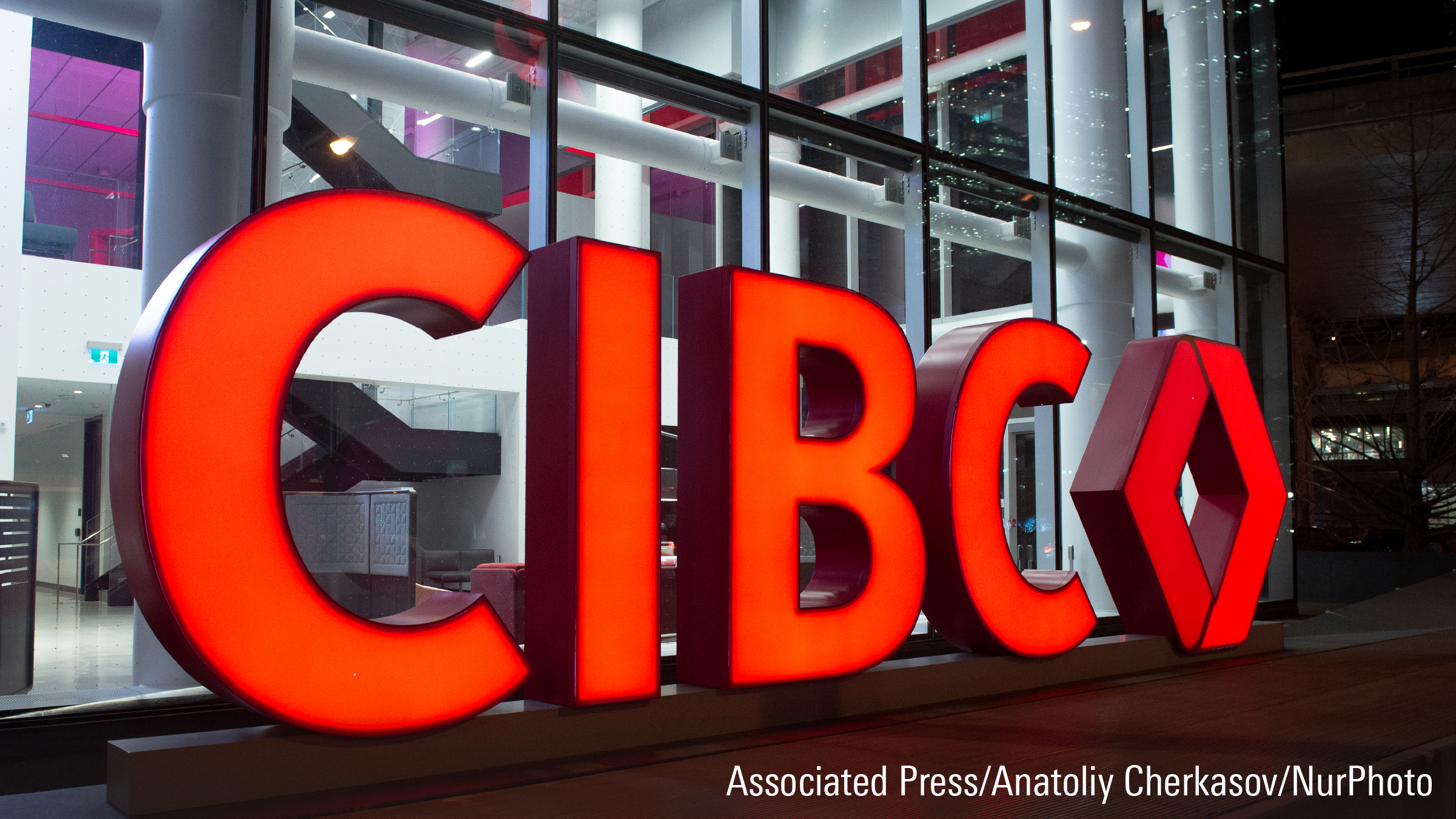
The last couple of weeks have seen major developments in the field of space exploration, including the historic flight of NASA’s Ingenuity helicopter on the surface of Mars, the first-ever powered flight on another planet. Other noteworthy events include SpaceX snagging a US$2.9 billion deal from NASA to develop a human lander that will carry the next astronauts to the lunar surface and beyond. The week also marked the 60th anniversary of the first human in space.
If the list of active and upcoming projects is any indication, space-related activity is taking off like never before. And as mankind’s quest for a deeper understanding of space becomes more intense, a growing number of companies are jumping into the fray with an eye on commercial opportunities on the horizon. There’s now a space-themed ETF for those wishing to bet on the commercialization of spaceflight.
The revenue generated by the global space industry is projected by Bank of America to hit US$1.4 trillion by 2030, from $414 billion in 2018. As more countries rush to develop their space economies, the following companies stand to significantly profit due to their entrenched positions, technological expertise, and research and development capabilities.
Northrop Grunman Corp |
||
|
Ticker |
||
|
Current yield: |
1.67% |
|
|
Forward P/E: |
14.73 |
|
|
Price |
US$340.22 |
|
|
Fair value: |
US$331 |
|
|
Value |
Fairly valued |
|
|
Moat |
Wide |
|
|
Moat Trend |
Stable |
|
|
Star rating |
*** |
|
|
Data as of April 26, 2021 |
||
Leading defense contractor, Northrop Grumman (NOC) offers products and services through aeronautics, mission systems, defense services, and space systems segments. The company’s aerospace segment creates the fuselage for the massive F-35 program while its space systems segment produces various space structures, sensors, and satellites.
“We view Northrop Grumman as a higher-tech defense prime contractor, with a greater focus on producing hardware for classified programs,” says a Morningstar equity report, noting many of these programs are procured and sustained over decades.
The company is a dominant force in space exploration and is actively engaged in multiple current and future programs. Northrop Grumman is supporting NASA’s moon missions, Artemis, by providing six additional abort motors and attitude control motors for the Orion human spaceflight. NASA has also awarded the contractor US$187 million to design the crew cabin for astronauts, part of the Gateway, a lunar orbiting outpost, part of NASA’s Artemis program. More recently, the defence contractor won a US$84 million deal to provide rocket motors for NASA’s Mars Ascent Vehicle (MAV), which will bring back soil and rock samples from Mars in 2026.
The company’s wide moat is underpinned by intangible assets including product complexity that thwarts new entrants, contract structures that reduce risks for the contractor, decades-long product cycles, a lack of alternative suppliers, and high switching costs for space program clients.
“Regulated margins, mature markets, customer-paid research and development, and long-term revenue visibility allow the defense primes to deliver a lot of cash to shareholders, which we view positively,” says Morningstar equity analyst Burkett Huey, who puts the stock’s fair value at US$331.
Lockheed Martin Corp |
||
|
Ticker |
||
|
Current yield: |
2.65% |
|
|
Forward P/E: |
14.88 |
|
|
Price |
US$377.29 |
|
|
Fair value: |
US$433 |
|
|
Value |
13% premium |
|
|
Moat |
Wide |
|
|
Moat Trend |
Stable |
|
|
Star rating |
**** |
|
|
Data as of April 26, 2021 |
||
Lockheed Martin (LMT) is the world’s largest defence contractor whose largest segment is Aeronautics, which is dominated by the massive F-35 program (30% of total revenue). The firm’s other segments include rotary & mission systems (Sikorsky helicopter business); missiles and fire control (missiles and missile defence systems); and space systems (satellites).
The company’s space systems business has a wide moat and while competition from SpaceX and Blue Origin is intense, “the space segment is much larger than launch vehicles,” says a Morningstar equity report.
LMT generates 60% of its space systems segment revenue from satellite products and services generally to the Department of Defense for secure military communications and surveillance.
On the space front, as part of a US$4.6 billion deal with NASA, Lockheed Martin recently finished building the Orion spacecraft—the most advanced deep space vehicle in production—that will take astronauts to the moon as part of the Artemis mission. The company also won a US$27 million contact from the Defense Advanced Research Projects Agency (DARPA). Other lucrative contracts include the US$900 million deal with the U.S. Air Force and a US$2.77 billion contract with the U.S. Army.
The firm’s sustainable competitive advantage is built on the market structure of the defense industry where incumbent firms are the only companies capable of servicing the military’s large need to purchase arms.
“The three biggest stock-specific growth opportunities for Lockheed Martin are F-35 sustainment, a large potential contract for the Future Vertical Lift program, and hypersonic missiles and missile defence programs,” says Huey, who recently upped the stock’s fair value from US$433 to US$436, prompted by strong first quarter performance.
Boeing Co |
||
|
Ticker |
||
|
Current yield: |
- |
|
|
Forward P/E: |
232.56 |
|
|
Price |
US$243.20 |
|
|
Fair value: |
US$257 |
|
|
Value |
Fairly valued |
|
|
Moat |
Wide |
|
|
Moat Trend |
Stable |
|
|
Star rating |
*** |
|
|
Data as of April 26, 2021 |
||
Aerospace and defense heavyweight, Boeing (BA) primarily generates revenue from manufacturing commercial aircraft. Commercial airplanes account for 60% of sales and two-thirds of operating profit, while defense equipment makes up 25% of sales and 13% of operating profit. The company also provides after-market servicing of aircraft which produces 15% of sales and 21% of operating profit.
Boeing established its space technology credentials in 1964 when it won the NASA contract for making lunar orbiters for the Apollo program. The company was also picked by NASA as as a prime contractor to build the International Space Station, the flying laboratory in low earth orbit. Since then, the contactor has maintained its position as a dominant player in space-related activities. Boeing is also the prime contractor for the Space Launch System core stage flight hardware, to be used for NASA’s upcoming Artemis lunar mission.
The company’s commercial aircraft segment, which generates more than half of the total revenue, comprises two segments: narrow-bodied planes (for short-haul routes), and wide-bodies (transcontinental flights). “Sales volumes for narrow-bodies have increased over the past 20 years due to the worldwide rise of low-cost carriers and an emerging-market middle class,” says Huey, who pegs the stock’s fair value at US$257.
The aircraft maker’s wide moat, built on intangible assets and switching costs, places the firm at the top of the commercial aerospace value chain. This sustainable competitive advantage “will allow the company to generate economic profits for the long haul,” asserts Huey, pointing out the company will continue to benefit from structural barriers to entry in the aircraft manufacturing market, “despite Boeing's troubles with the grounding of the 737 MAX.”





















